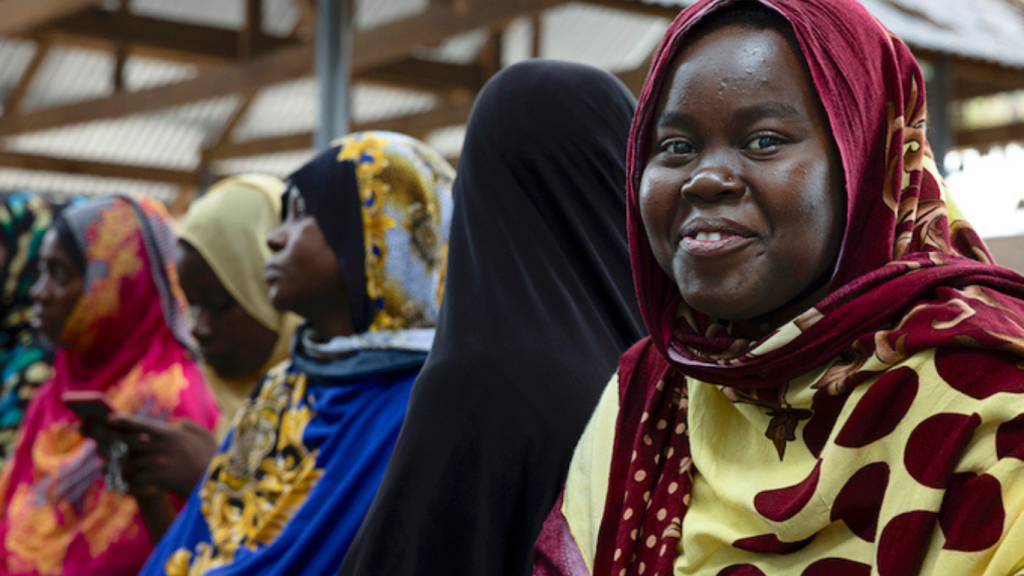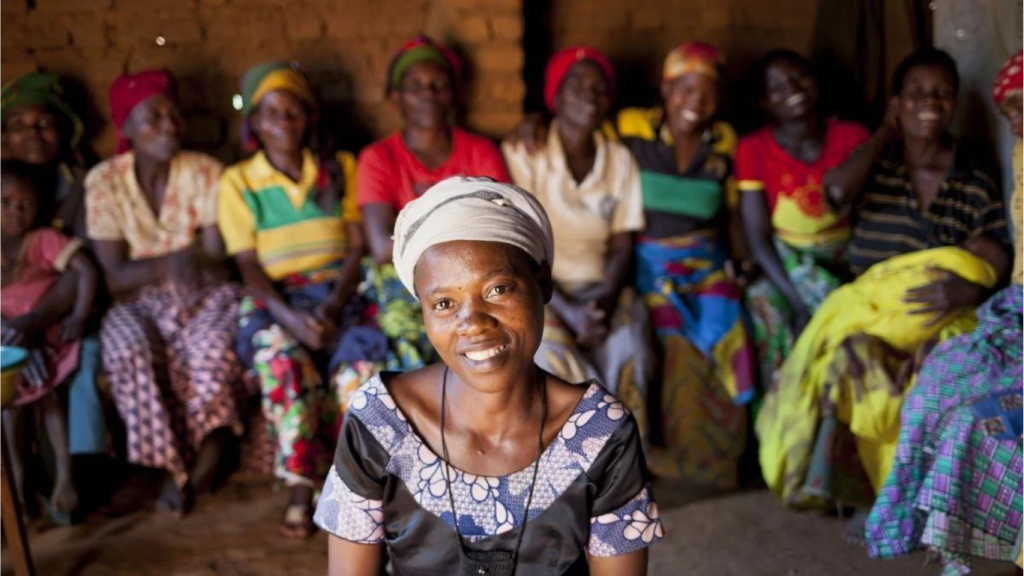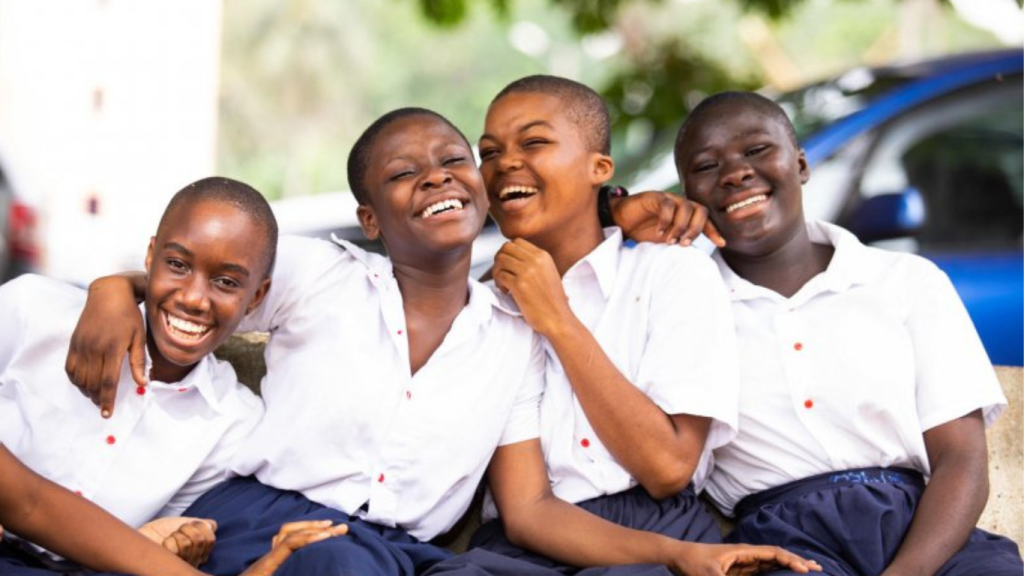We strive to create a society where women and girls in all their diversity live equal lives and are free from all forms of violence

Challenging gender norms, preventing gender-based violence, and empowering marginalized individuals
Gender remains one of the most fundamental sources of inequality in the world today. Globally, 1 in 3 women has experienced physical and/or sexual violence, most often at the hands of an intimate partner. More than 60% of the world’s hungry are women and girls; at the same time, women and girls disproportionately bear the burden of meeting their families’ food and care needs. Across nearly every country globally, women earn only a fraction of what men do, and trans/non-binary people are disproportionately impacted by poverty and denial of fundamental rights. Gender-based discrimination fuels food insecurity, safety risks, and exclusion from life-saving services and opportunities.
Hope for Refugees International strives to create a society where women and girls in all their diversity live equal lives and are free from all forms of violence. Gender equity, equality, safety, inclusion, and dignity for women, girls, trans/non-binary people, and women and girls living with disabilities are core to our work.
We acknowledge that our work is inextricably connected with race, class, ability, sexual orientation gender identity, and other identities. While the disproportionate impact of gender inequality on women and girls is clear, it is also clear that Hope for Refugees International and our beneficiaries and partners must learn from and support diverse women and girls to challenge injustice and work towards equality.
Why we are committed to gender equality, safety and dignity for refugee women, girls and LGBTQ people

Hope for Refugees International understands that to achieve social justice and eradicate poverty, we must tackle inequality. We also know that discrimination against women has negative implications for realizing the Sustainable Development Goals and their core principles of food security, global security, health, education, development, economic growth, climate change adaptation as well as governance and stability.
We are committed to gender equality, safety, and dignity of women and girls and working with communities to fight gender-based violence and increase women’s and girls’ opportunities for participation, leadership, and voice. We are also committed to tackling harmful gender and social norms, working to mitigate, prevent, and respond to gender-based violence, engaging men and boys, and taking steps to hold ourselves and our systems accountable to our commitments.
Hope for Refugees International works collaboratively and through meaningful partnerships with national and sub-national governments, women-led, feminist, and youth groups, justice movements, media, and solidarity groups among women and girls to address the root causes of driving gender-based violence and support survivors.
Through Gender Equality and Women Empowerment program, Hopefor Refugees works to address multiple forms of GBV, including
- Sexual Sexual violence, harassment, exploitation, and abuse
- Child, early, and forced marriage, and other harmful traditional practices
- Human trafficking
- Intimate partner violence
- Gender norms, toxic masculinities, homophobia, and transphobia
- Economic exploitation and exclusion of women and girls.

Our key approaches to addressing GBV




Prevention
We work with women, men, adolescents and youth, girls, boys, communities, and local organizations to transform harmful gender norms and attitudes that perpetuate GBV and promote healthy, equitable, and non-violent relationships.
Risk mitigation
HRI ensures that all our work and programs take measures to reduce the risk of GBV and address disclosures. This means being deliberate about reducing risks, raising awareness, and linking survivors to services across all our programs. We aim to ensure that refugee women, girls, LGBTQ+ youth, and people living with disabilities are safe, respected, and valued.
Response
HRI provides services to GBV survivors directly and through partners: first-line support (empathetic counseling, safety planning, and referrals), health care(clinical management of post-rape care support services, and SRHR), legal support, psycho-social support, economic opportunities, and referral system strengthening.
Advocacy
Hope for Refugees International works to develop, strengthen, and influence the implementation of policies, laws, and systems that prevent GBV and uphold survivors’ rights.